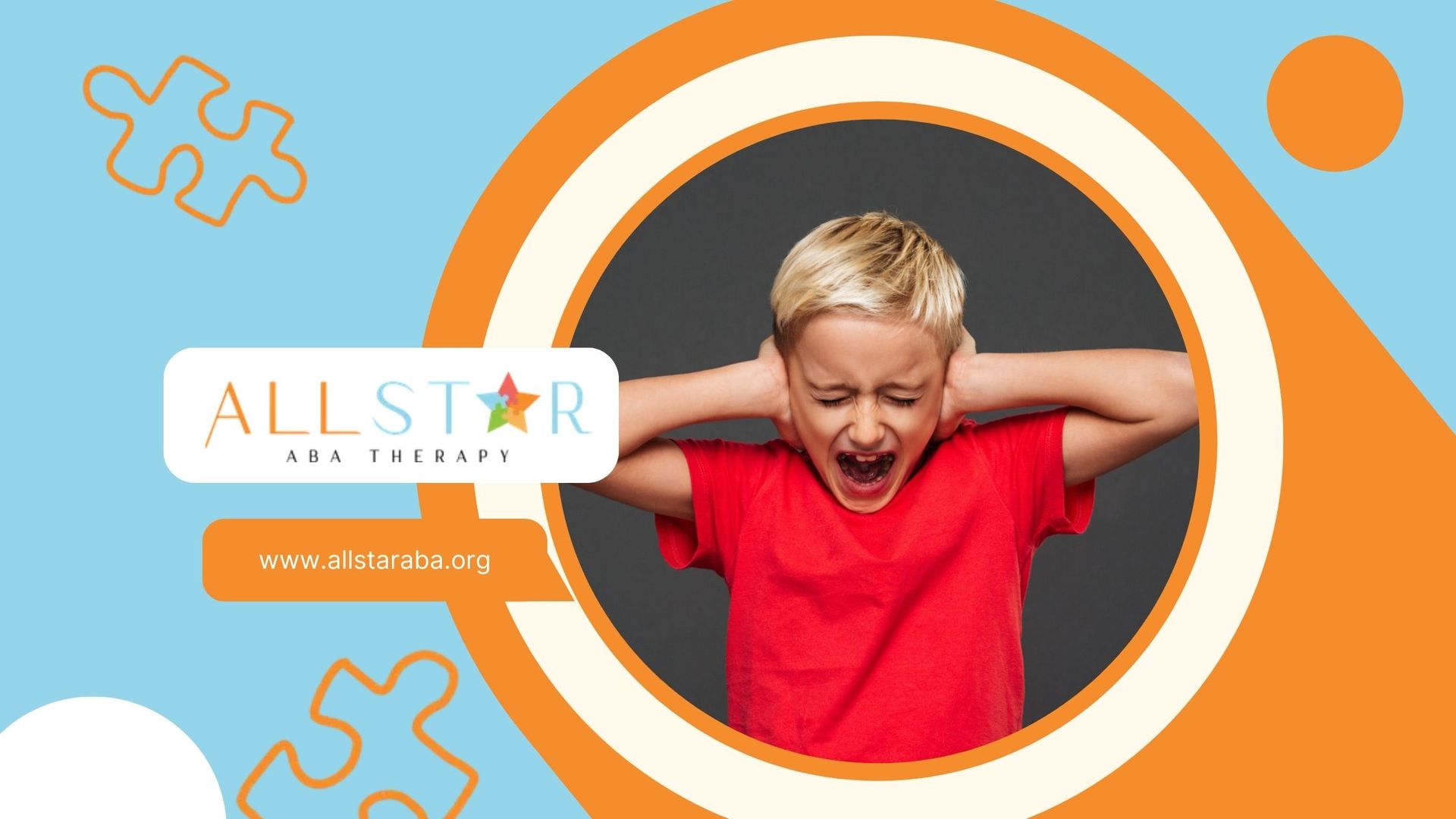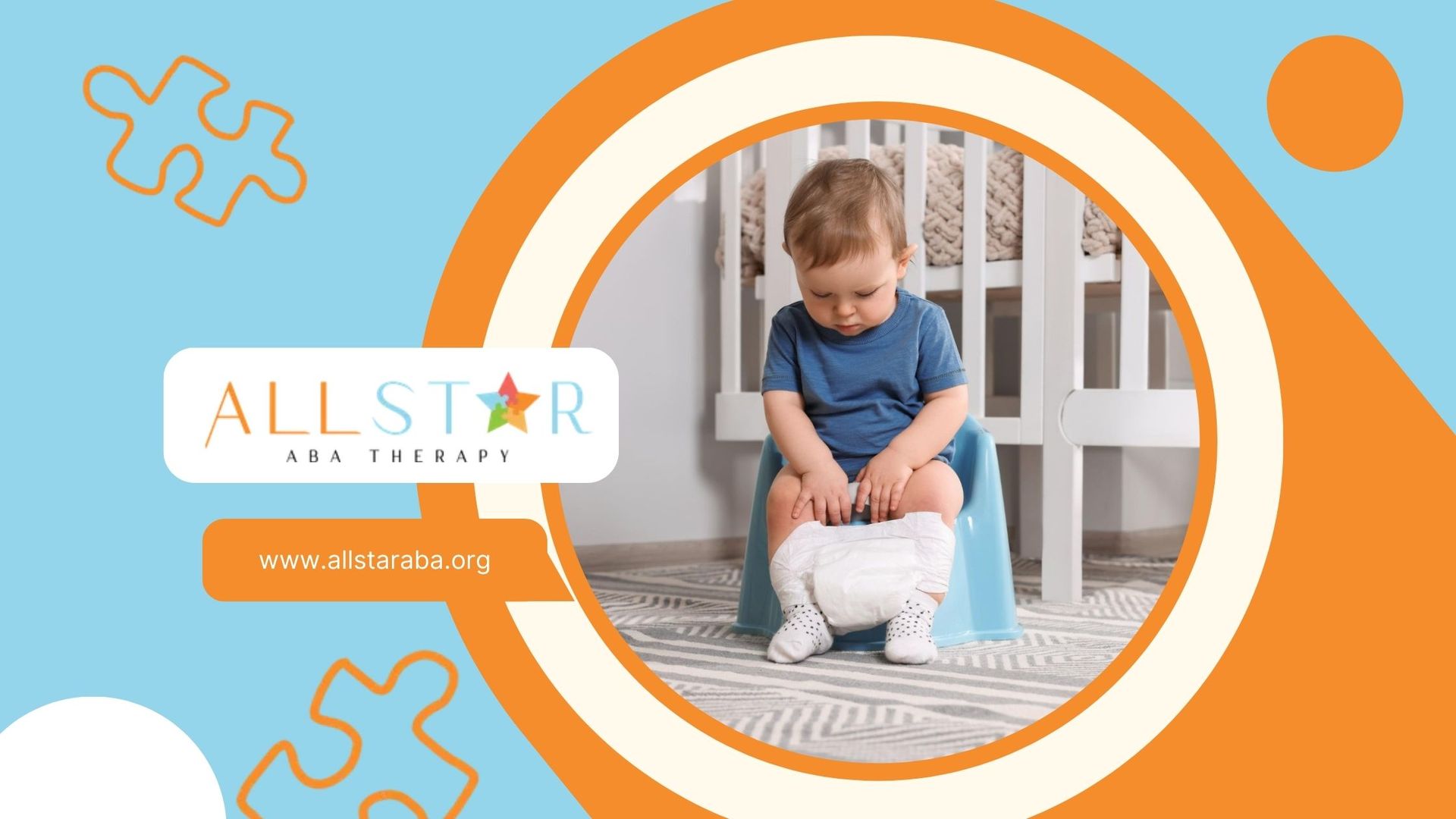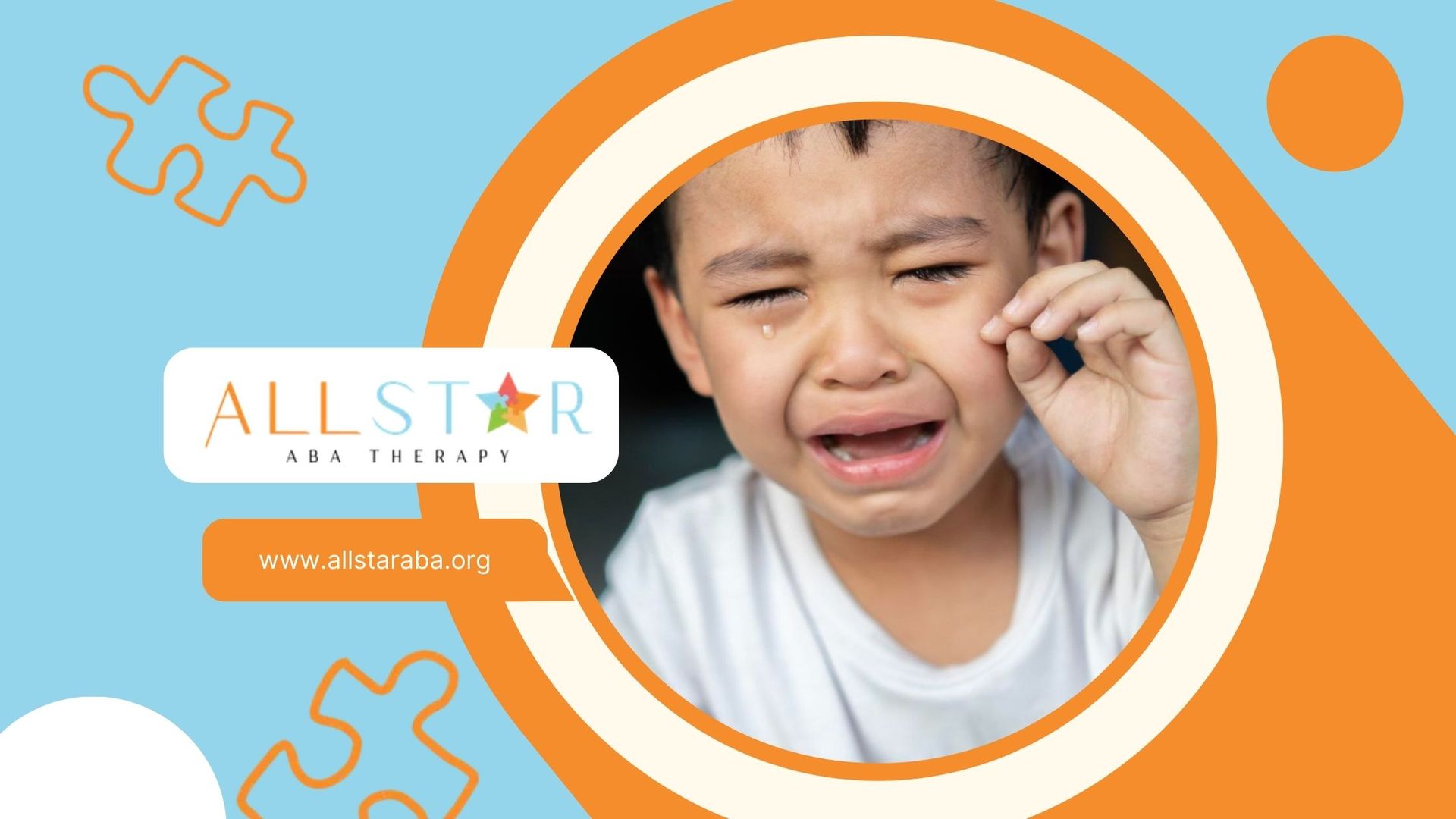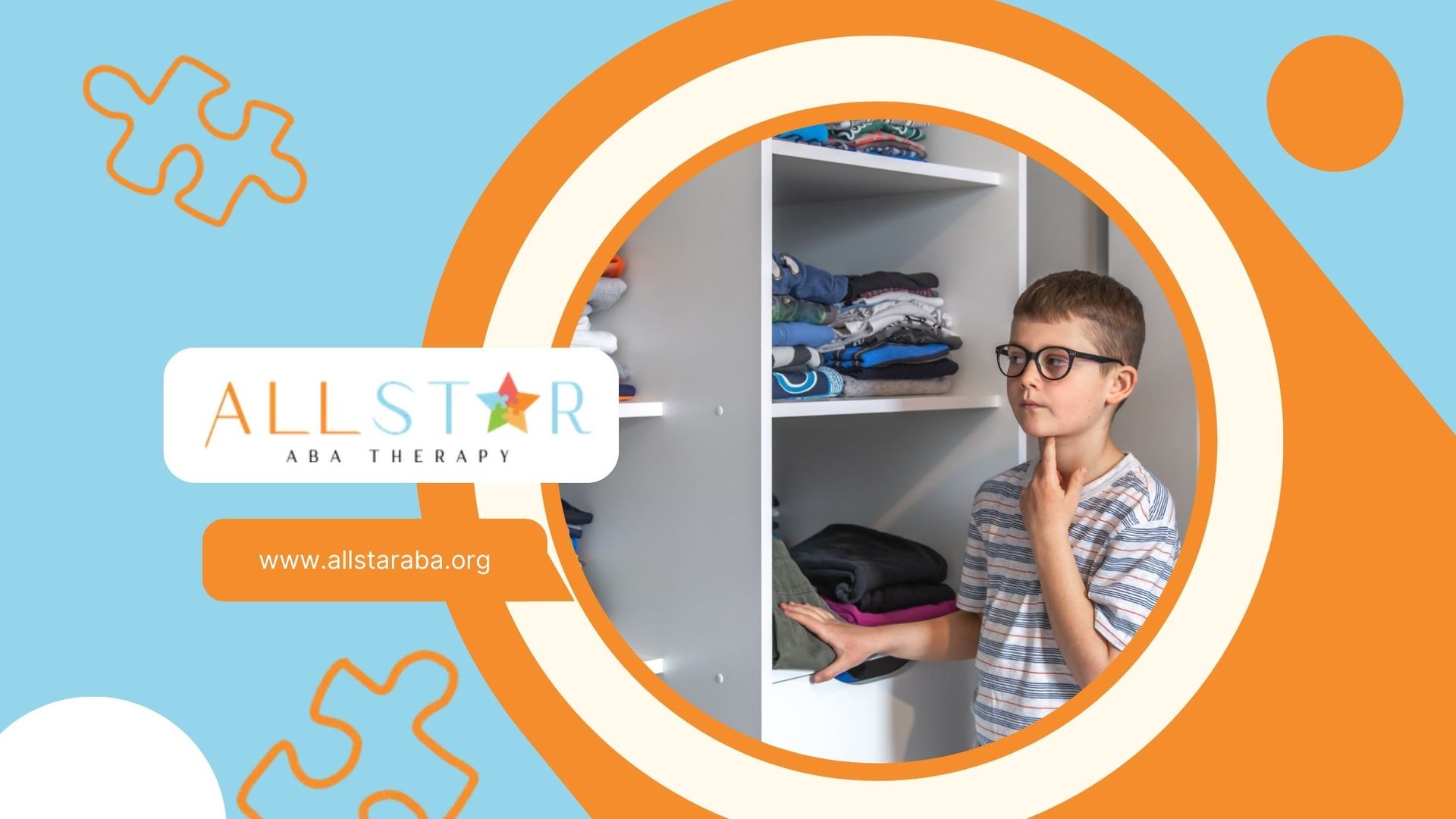New Paragraph
Can You Be a BCBA with a Bachelor's Degree? Path to Success
Are you interested in behavior analysis and thinking about a career as a BCBA? Many people who want to be behavior analysts ask if a bachelor's degree is enough for this job. This guide will explain the steps to get your BCBA certification. It will answer if having just a bachelor's degree is enough. We will cover the requirements, look at related career options, and give you the information you need to succeed.
Understanding the BCBA Certification
A Board Certified Behavior Analyst (BCBA) is a professional who has been certified by the Behavior Analyst Certification Board (BACB) to provide services related to behavior analysis. These services focus on improving important social behaviors using applied behavior analysis (ABA). To become a BCBA, individuals must meet certain education requirements, complete supervised fieldwork, and pass a challenging certification exam.
The BACB sets the rules for BCBA certification. This includes the needed educational background, hours of supervised experience, and what is covered on the exam. A big part of the education process is finishing a BACB-approved course sequence, often called a Verified Course Sequence (VCS). This makes sure that those who want to be BCBAs get thorough training in behavior analysis principles and practices.
What Is a BCBA?
A Board Certified Behavior Analyst, or BCBA, is a certified behavior analyst. They have completed strict education and training standards in behavior analysis. BCBAs can assess, design, and implement behavior plans. They also supervise these plans in places like schools, homes, and clinics.
BCBAs are important for helping people with challenging behaviors. They improve the quality of life for those with developmental disabilities, autism, and other behavioral health needs. BCBAs understand how people learn and change behavior. They use proven strategies to encourage positive changes.
Becoming a BCBA needs dedication and a strong desire to help others. BCBAs follow ethical rules and keep learning to better their skills. This helps grow the field of behavior analysis.
The Role and Importance of BCBAs in Behavioral Analysis
The field of behavior analysis focuses on how behavior connects to the environment. It tries to find what affects behavior. This knowledge is used to create useful interventions. BCBAs, or Board Certified Behavior Analysts, are experts who apply these ideas in real-life situations.
Applied behavior analysis (ABA) is how we use behavior analysis principles in practice. It includes careful assessment, planning interventions, putting them into action, and checking results to create real behavior change. BCBAs are trained in ABA. They use their skills to solve many behavior issues, from lacking skills to bad behaviors.
BCBAs are essential because they can do detailed assessments and create personalized intervention plans. They also track progress with a focus on data. BCBAs work together with people, families, and other professionals. This teamwork helps promote good behavior change and enhances the well-being of those they help.
The Initial Steps to Becoming a BCBA
To become a BCBA, you need to follow a clear path that starts with a good education. First, you typically need to get a bachelor's degree in a related field. This could be psychology, education, or social work. While this degree does not directly get you BCBA certification, it is an important first step.
In your undergraduate studies, pay attention to classes in psychology, child development, and special education. These courses give you key knowledge about how people behave, learning theories, and developmental disabilities. This knowledge will help you in a master’s degree program in applied behavior analysis.
Overview of Educational Requirements
To become a BCBA, you need a master’s degree in behavior analysis or a similar field. This degree must include a BACB-approved coursework sequence (VCS). Your graduate program should deeply explore behavior analysis, research methods, ethics, and treatment techniques.
A VCS ensures your classes meet BACB standards and prepares you for the BCBA exam. These programs usually mix theory, research practice, and supervised fieldwork for a complete education in behavior analysis.
During your master’s degree program, you will learn how to conduct functional behavior assessments. You will also develop personalized treatment plans and use evidence-based interventions. The curriculum focuses not only on the ideas behind behavior analysis but also on the practical skills needed to help individuals needing support.
Understanding the Significance of a Bachelor's Degree in the Process
A bachelor's degree is not enough to become a BCBA, but it is an important first step. A degree in a related field helps you learn basic ideas in psychology, human growth, or education. This knowledge is important for understanding how people act and how they learn.
In addition, a bachelor's degree program helps you gain skills that you can use in behavior analysis. Skills like critical thinking, communication, research, and problem-solving that you develop during your studies are very helpful for anyone wanting to be a BCBA.
Picking a related field for your bachelor's degree can give you an advantage as you work towards becoming a BCBA. It helps you start a master's program with a strong grasp of key ideas, making it easier to move into more advanced classes.
A Beginner's Guide to Pursuing BCBA Certification
You’re set to start your journey to become a certified behavior analyst! Knowing the steps involved can help make it easier. The first step is to get a bachelor's degree in a relevant area.
After that, you must join a recognized master’s program in behavior analysis or a related field. This program should provide coursework that the BACB approves. Let’s go over these important first steps in more detail.
What You Need to Get Started
To start your BCBA journey, first, look into the coursework requirements and application rules for master’s programs in behavior analysis. These programs usually ask for a strong GPA, letters of recommendation, and a statement of purpose that shows your interest in the field.
While you work toward your degree, get to know the content covered in the BCBA exam. The BCBA exam checks your grasp of behavior analytic principles, assessment methods, intervention strategies, and ethical considerations. Learning these content areas early can help you study better.
Keep in mind that becoming a BCBA takes dedication, hard work, and a desire to improve lives. By taking the first step and learning about the process, you are already on your way to a rewarding career in behavior analysis.
Can You Be a BCBA with a Bachelor's Degree?
The simple answer to this common question is no. You cannot be a BCBA with just a bachelor's degree. The BACB requires you to have a master’s degree or more to be certified for BCBA. Still, with a bachelor’s degree, you can have a good career in the field of behavioral analysis.
If you have a bachelor’s degree, think about getting the Board Certified Assistant Behavior Analyst (BCaBA) certification. This lets you offer behavior-analytic services while working under the supervision of a BCBA. It can help you move toward becoming a BCBA in the future.
As a BCaBA, you will get hands-on experience. You will apply what you know and build important skills by working with skilled professionals. This practical work is very important for deepening your understanding of behavior analysis and securing your career goals.
Step 1: Earning a Relevant Bachelor's Degree
The path to BCBA certification starts with a strong base—a bachelor’s degree. Choose a degree program from a college or university that is regionally accredited. It's best to pick a degree in a related field. This can make it easier to get into a master’s program later.
Here are some things to think about:
- Major:
Degrees in psychology, education, social work, or similar fields offer important classes about behavior, development, and learning.
- Coursework:
Look for courses that cover child development, abnormal psychology, learning theories, and research methods. These will help you understand behavior better.
- Institution: Pick a school recognized by the U.S. Department of Education or a similar accrediting group. This is required for BCBA certification.
Step 2: Enrolling in an Accredited Master's Program
After earning your bachelor’s degree, the next step is to sign up for a graduate program in behavior analysis or a similar field. Look for programs that the Association approves for Behavior Analysis International (ABAI). This approval confirms that you will receive quality education and that the coursework meets the BCBA certification requirements.
Make sure the program you choose matches your career goals. It should also provide a complete curriculum, including ethics, research methods, and how to apply behavior analysis in real situations. Choosing an accredited university ensures that you meet the strict standards set by the BACB.
A master's degree program usually combines theory courses, research experience, and supervised work in the field.
Navigating the Path: From Education to Certification
Earning your master's degree is a big step in your journey to becoming a BCBA. But to get certified, you need more than just classes. You also need hands-on experience and must pass a tough exam.
We will look closely at what you need to do next. This includes finishing supervised fieldwork and passing the BCBA examination. We will give you a clear guide to help you through this important part of your career growth.
Completing Supervised Fieldwork
Supervised fieldwork is very important to become a BCBA. It helps you gain hands-on experience and build key skills with a qualified supervisor's help. The BACB requires you to complete a certain number of supervised field experience hours. You will start earning these hours once you begin your master's degree program.
During this field experience, you will work directly with people who need behavioral support. This may happen in places like schools, homes, or clinics. You will use what you learned in your classes to handle real-life situations. You will practice doing assessments, putting in place interventions, and gathering data.
Make sure you complete your required field experience hours under the guidance of a BACB-approved supervisor. This way, you get good mentoring and helpful feedback during your training.
Preparing for and Passing the BCBA Examination
The BCBA examination, a comprehensive test administered by the BACB, assesses your knowledge and competency in behavior analysis. It covers content areas outlined in the BCBA Handbook, spanning basic behavior analytic skills, experimental design, measurement, and ethical considerations.
Effective preparation for this challenging exam is essential. Explore various study resources, including review courses, study guides, and practice exams. Familiarizing yourself with the exam format, content, and time constraints increases your chances of success.
| Exam Prep Resources | Description |
|---|---|
| BCBA Handbook | Outlines the content areas covered in the exam. |
| Review Courses | Provide structured study plans and practice materials. |
| Study Guides | Offer comprehensive content summaries and practice questions. |
| Practice Exams | Simulate the actual exam experience and identify areas for improvement. |
Career Opportunities and Growth for BCBAs
Becoming a Board Certified Behavior Analyst can lead to a rewarding job with many chances to grow. BCBAs help different groups of people with many kinds of behavioral needs. While many BCBAs focus on supporting individuals with autism spectrum disorder, there is a high demand for skilled professionals in other areas, too.
You can find job opportunities in many places, like schools, hospitals, mental health clinics, and private practices. BCBAs can also have rewarding jobs in research, consultation, and advocacy. As more people learn about behavior analysis, job options in this field are increasing.
Diverse Fields and Settings Where BCBAs Thrive
BCBAs work in many different places. They help people with autism spectrum disorder and developmental disabilities. They create special plans to improve communication, social skills, and daily living skills.
BCBAs can also explore unique areas. These include organizational behavior management, animal training, and sports psychology. Some BCBAs open their own private practices. They offer advice and custom behavior support plans to individuals, families, and organizations.
Having a BCBA certification gives professionals many options for their career path. They can choose what they love and make a real difference in the lives of others.
Future Outlook and Advancements in Behavioral Analysis
The field of behavior analysis has great job growth potential. There is a rising need for skilled BCBAs. More people now understand how effective applied behavior analysis can be, making this work very desirable.
As this field changes, BCBAs can improve their careers. They can specialize, engage in research, or take on leadership roles. Getting a doctoral degree in behavior analysis or a related field can lead to teaching jobs in colleges. It also opens up more chances for research.
To stay updated, BCBAs should keep learning. They can attend workshops, and conferences, and publish their findings. This will help them offer the best and most ethical services possible in the field of behavior analysis.
Conclusion
In conclusion, you can pursue a career as a BCBA with a bachelor's degree. To be successful, you need to earn a related bachelor's degree first. Then, you should enroll in an accredited master's program. After that, you need to complete supervised fieldwork and pass the BCBA examination. BCBAs have an important job in behavioral analysis in many areas and settings.
There are good career opportunities and ways to grow in this field. By knowing the importance of education and certification, you can start a satisfying career in this area. If you want to make a positive change through behavioral analysis, following these steps can lead you to a successful career as a BCBA.
At All Star ABA, we believe in empowering individuals to achieve their goals in the field of applied behavior analysis. Our comprehensive training programs are designed to equip you with the knowledge and skills needed to succeed, even with a bachelor's degree. We offer personalized guidance, mentorship opportunities, and a supportive learning environment. Choose All Star ABA for your BCBA journey and unlock your potential.
Ready to embark on your path to becoming a BCBA? Contact All Star ABA today to learn more about our training programs and how we can support your success. We are proud to be the leading provider of BCBA training in Maryland.
Need Support?
We're Here to Help!
Our experienced team is ready to assist you. Reach out today to discuss how we can support your child's development and well-being.
Get started with expert ABA therapy today.








